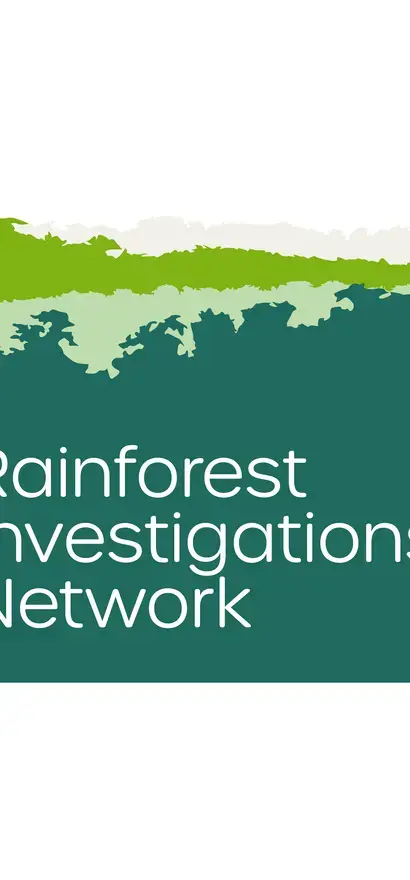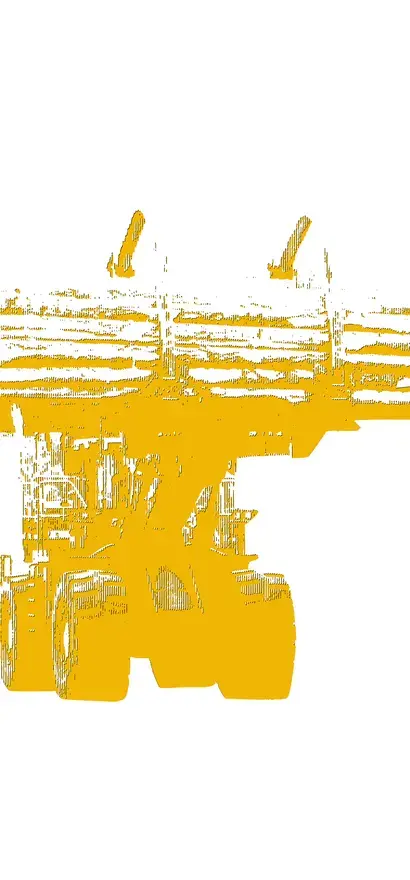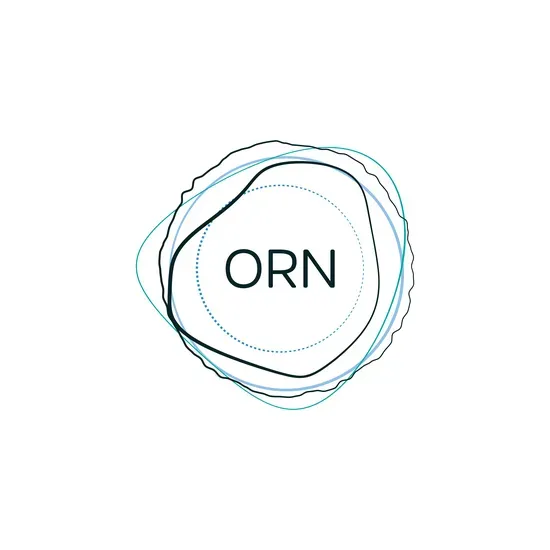The Network will establish a collaborative ecosystem of journalists around the world. Together, they will uncover the harmful and illegal practices of the fishing and extractive industries, systemic threats to marine biodiversity and coastal communities, and the supply chains facilitating global demand for the ocean’s increasingly dwindling resources.
A healthy ocean is vital to tackling the existential environmental threats of global warming, pollution, and biodiversity loss. Covering more than two-thirds of the planet, the world’s waters absorb carbon dioxide and heat, and produce half the oxygen we breathe. The ocean provides a habitat for countless plants and animals. Billions of people rely on fish in their daily diet, and the fishing industry provides employment and income around the world.
But we are plundering and polluting the very life force that sustains us. The ocean has become the final frontier for environmental reporting, exposing the drivers of this decline and degradation. Accurate, independent, and in-depth stories are essential to raise awareness and build understanding of ocean threats, examine solutions, and facilitate real-world change.
In 2023 the Pulitzer Center, a global nonprofit organization that supports independent, innovative journalism, launched a unique program of ocean grants and fellowships. Based on the successful model of its pioneering rainforest reporting initiative, the program aims to expand and diversify the global community of reporters, editors, and outlets conducting investigations and publishing deeply reported ocean stories, within a network that is continually learning and growing.
Applications are now open to join the third cohort of the Ocean Reporting Network (ORN), a fellowship program that gives professional journalists the opportunity to spend up to a year working on an in-depth or investigative ocean story.
We welcome ambitious proposals on the main ocean threats of climate change; over- and illegal fishing; biodiversity loss and pollution; and the impact on species, ecosystems, and communities. But we also strongly encourage proposals on underreported topics that also deserve attention, such as deep-sea mining, marine energy generation, blue finance and carbon crediting, marine genetic resources and benefit sharing, shipping, marine carbon dioxide removal and ocean geoengineering, aquaculture, marine protected areas (creation, implementation, and management), polar issues, fishmeal production, and more. Data projects that use marine, scientific, and satellite data and science-based projects that look at ocean systems are also a priority for us.
We continue to seek investigations that include, or are tailor-made for, a cross-border, collaborative approach.
We also have spaces reserved for Fellowships dedicated to investigations focused on transparency and governance. This includes uncovering the financial structures that enable environmental damage and unsustainable supply chains. Relevant ocean topics could be flags and ports of convenience, government subsidies, monitoring, control and surveillance, fishing access agreements, tax loopholes, beneficial ownership, seafood supply chains, illegal wildlife trade, and more.
We particularly welcome applications from the Global South, and seek more reporting in particular from Asia-Pacific, east Africa, and Latin America.
Applicants can be staff or freelancers, and up to nine Fellowships are available. The full-time Fellowships, up to a year long, will provide a reporter’s salary and additional reporting expenses. To meet the previous Fellows and find out more about their work, click here.
Fellows will have the support of Ocean Editor Jessica Aldred, an experienced environmental journalist who has specialized in ocean reporting and editing for the past seven years, and other prominent Pulitzer Center editors, including Gustavo Faleiros and Marina Walker Guevara. Fellows will also receive regular topical and skills-based training and work closely with our Data and Research teams, led by Data Editor Kuek Ser Kuang Keng and Research Editor Jelter Meers. They will collaborate with their co-Fellows worldwide, benefiting from one another’s skills, networks, and diverse perspectives.
The initiative will also benefit from the Pulitzer Center’s Engagement team. Fellows will have the support of local education and outreach coordinators, who will identify the best opportunities to share their stories with diverse audiences.
The Ocean Reporting Network is part of the Pulitzer Center’s Environmental Investigations Unit, which also supports reporting and investigations in the Amazon, Congo Basin, and Southeast Asia rainforest regions. It is funded by Norad, the Norwegian aid agency, which includes an explicit guarantee of full editorial independence for the Pulitzer Center as well as for the Fellows and news organizations taking part.
WHAT WE ARE LOOKING FOR
- Compelling, impactful, innovative, and well-developed story ideas that can be followed over the course of a year—not just a one-off story, or coverage of a general topic.
- Experienced environmental journalists—freelancers or staff—working with local, regional, or international media outlets in an online, print, radio, and video format.
- Teams of journalists proposing cross-border collaborations. One person should lead the application and manage the project.
- Dedicated team players who will devote a full year to their ocean investigation and publish regularly, following a timeline decided together with the Pulitzer Center and their editors.
- The support of a newsroom and editor who will work with a Fellow over the course of a year. Not only in publishing the Fellow's story, but also managing the project and the money, shaping, and following the reporting plan, and providing ongoing newsroom support and resources. For more on what this means for newsrooms, read our FAQs.
BENEFITS FOR OCEAN REPORTING FELLOWS
- Access to data and documents as well as the opportunity to sharpen your skills with support from the Pulitzer Center’s Data and Research team;
- Specialized training opportunities such as the use of satellite imagery and other digital tools in investigations, corporate and follow-the-money research, and more;
- The opportunity to work and collaborate with other journalists on stories that transcend your country and region and can achieve true global impact;
- A community of like-minded colleagues that will continue beyond your Fellowship;
- Mentorship and guidance;
- Salaries commensurate with experience.
Please note that selected candidates will work remotely.
DEADLINE AND TIMELINE
Applications for the Fellowship opened on Monday, August 11, 2025, and will close on Friday, September 12, 2025, at 11:59pm EDT.
Short-listed candidates can expect to be interviewed in October 2025 and start the 12-month Fellowship in early January 2026.
We encourage applications in English, but we accept materials in other languages if needed.
If you have questions, please contact Jessica Aldred at [email protected] or Gustavo Faleiros at [email protected].
We encourage proposals from journalists and newsrooms that represent a broad array of social, racial, ethnic, and underrepresented groups, and economic backgrounds.
MORE IN THE ENVIRONMENTAL UNIT

CLIMATE & ENVIRONMENT FELLOWSHIP
Rainforest Investigations Network
The Rainforest Investigations Network (RIN) seeks to leverage investigative reporting and cross-border collaboration to address stories at the intersection of climate change, corruption, and governance in the world's three main rainforest regions: the Amazon, Congo Basin, and Southeast Asia.

CLIMATE & ENVIRONMENT GRANT
Rainforest Reporting Grant
The Rainforest Reporting Grant provides short-term, project-based funding support to journalists who want to report on tropical rainforests in three key regions: the Amazon, Central Africa, and Southeast Asia. We seek ambitious reporting proposals looking into critical issues, including illegal deforestation, Indigenous rights, the extraction industry, biodiversity, and more.
